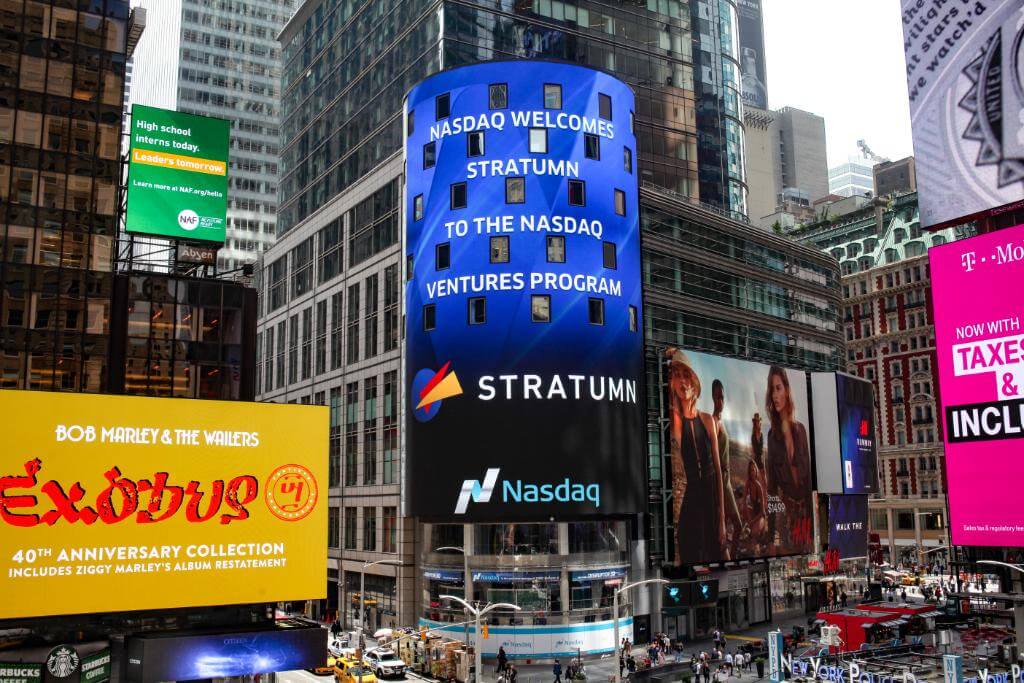
This project, created in partnership with the French Federation of Insurers (FFA) and Deloitte’s professional services, which is currently in the testing phase, aims to optimize information between insurers in the context of the new French provision on ordinary mobility.
Stratumn, the leading provider of blockchain technology, inventing cross-industry relationships, announced the completion of an experiment on the blockchain, uniting 14 insurance companies in France. This project, created in partnership with the French Federation of Insurers (FFA) and with the support of the professional service Deloitte, which is now in the testing phase, aims to optimize the information flows between insurers in the context of the new French regulation on custom mobility (Hamon law). It became the most advanced blockchain experimentation in the insurance sector in Europe. It was designed to help insurance companies rationalize their notifications in the context of the Hamon Act, the French law that recently entered into force. This new rule allows consumers to switch insurance companies at any time after the first year of coverage, and in some cases it is required that insurers complete the process within 30 days of the client’s request.
Stratumn used its experience in consortium blockchain and cryptography to work with French insurers and Deloitte in testing new insurance mobility processes. Insurance mobility is the process by which consumers switch carriers and obey different laws covering the insurance sector. Thanks to Statumn platform, new types of collaborative applications are developing and expanding.
Also Stratumn is working on ensuring that consumers’ data will be kept in accordance with the European Union’s General Data Protection Regulation (GDPR), which comes into effect in 2018. This solution is made possible by Stratumn’s unique combination of two technologies:
Blockchain technology provides a common and secure data storage for all stakeholders while reducing dependency on trusted third parties. Insurers can rely on Proof of Process technology to arrive at a consensus the existence, nature and evolution of the process.
Advanced cryptography also used in this project and ensures the confidentiality of all process data and limits information disclosure to a minimum.
Richard Caetano, Co-founder and CEO of Stratumn commented:
“We are particularly excited to work alongside the FFA and the 26 members of its Digital Commission on this milestone project. It surely is a major moment in Stratumn’s history as we will deploy our Proof of Process technology on a large-scale experimentation involving 14 insurance companies, but it is especially an important moment in the insurance sector as the launch of this Proof of Concept marks the first concrete sector-wide blockchain initiative. We strongly believe that this technology, coupled with advanced cryptography techniques, can help streamline inter-enterprise processes to benefit all involved parties.”
Concerning the previous collaboration of Stratumn and Deloitte, it is necessary to emphasize that is summer Stratumn, Deloitte and Lemonway unveiled LenderBot, the first micro-insurance proof of concept for the sharing economy. This partnership demonstrates the potential of new applications and services for the insurance market. LenderBot allows people to easily enroll in customized “microinsurance” simply by chatting through Facebook Messenger. The goal is to insure high-value items (e.g. cameras, smartphones, tablets) between individuals.
It is also worth noting, that in January Deloitte launched Blockchain Lab in Dublin. It is a new EMEA blockchain lab at Whitaker Court in Dublin’s “Silicon Docks” district among neighbours including Google, Facebook and others. Initially, 25 blockchain developers and designers would be working in the laboratory while Deloitte promises to add 25 more by the end of the year. Also in January Deloitte launched another Blockchain Lab which is located in New York’s Wall Street district staffed with over 20 developers and designers, who work on researching and developing distributed ledger solutions for the financial industry.


